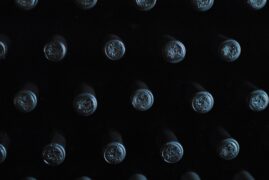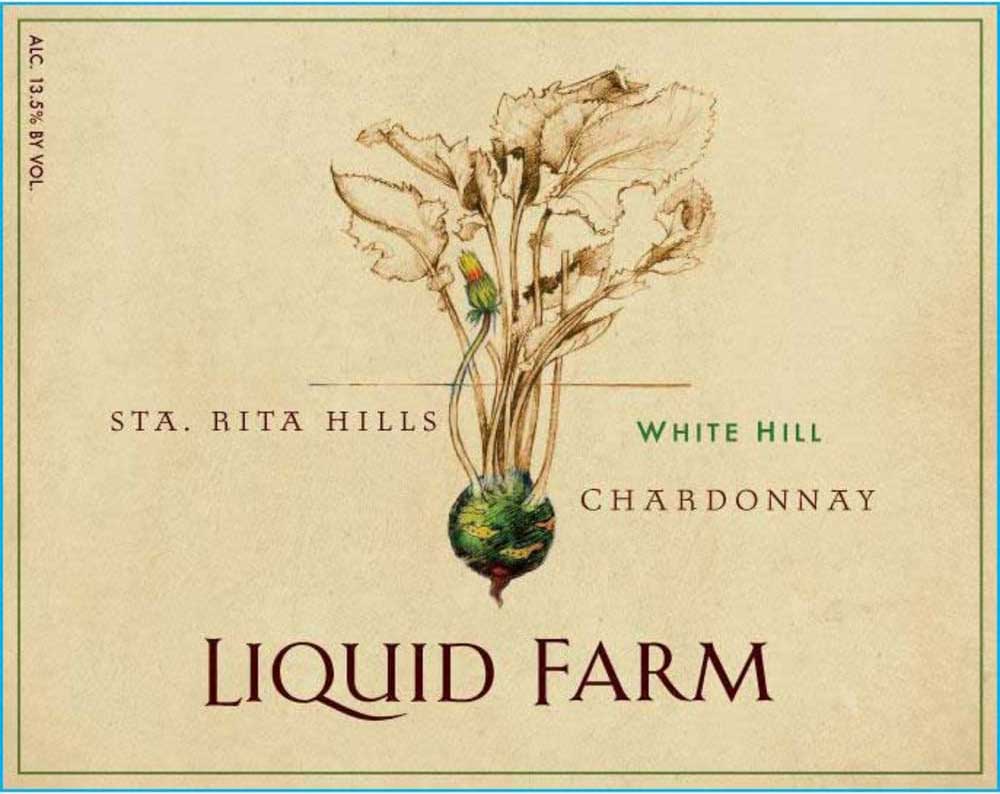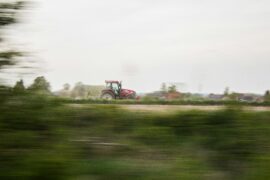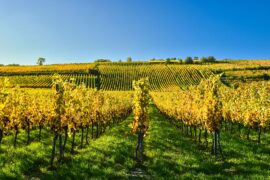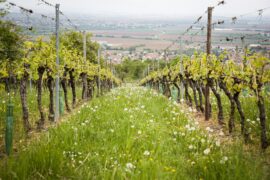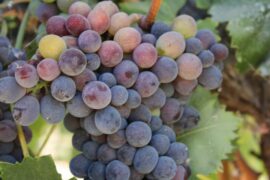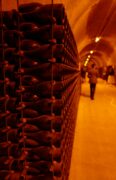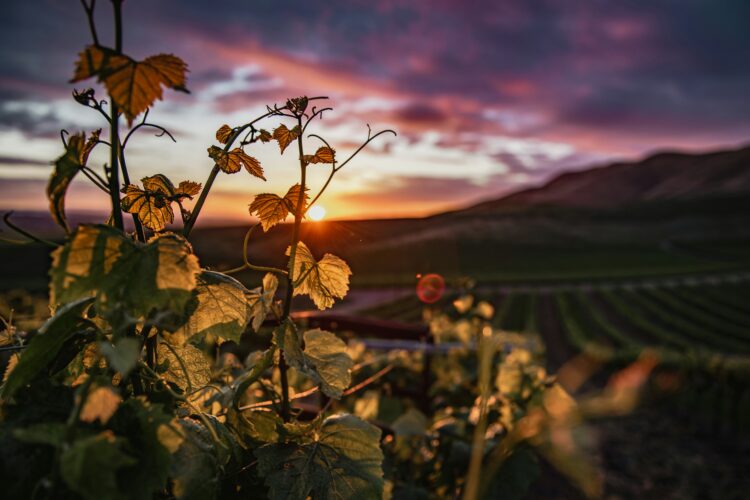In modern viticulture, precision irrigation and fertilization are critical to optimizing grape quality and yield. The traditional methods of managing water and nutrient supply often rely on experience, intuition, and manual observation, which can lead to inconsistencies and inefficiencies. With the introduction of artificial intelligence (AI), however, vineyards are now able to harness data-driven approaches to improve precision in irrigation and fertilization, enhancing overall vineyard health and maximizing production.
The Role of AI in Precision Irrigation
Water management is one of the most significant challenges in vineyard operations. Grapevines need a delicate balance of water—too much or too little can harm the quality of the grapes, affecting wine flavor, acidity, and aroma. Traditional irrigation systems often rely on scheduled watering without taking real-time conditions into account, leading to overwatering or drought stress. AI is changing this by enabling more intelligent, dynamic irrigation solutions.
AI systems utilize machine learning algorithms to process data from sensors installed throughout the vineyard. These sensors track variables such as soil moisture, temperature, humidity, and vine water status. By analyzing these inputs, AI can generate real-time recommendations for irrigation that are tailored to the specific needs of different vineyard zones.
Key Benefits of AI in Precision Irrigation:
- Optimal Water Usage
AI-driven systems provide real-time insights, ensuring that grapevines receive the precise amount of water they need at the right times. This reduces water waste while improving grape health, especially in regions facing water scarcity or irregular rainfall patterns. - Zone-Specific Irrigation
Vineyards often have variations in soil type, slope, and sun exposure, which means different areas may have different water needs. AI systems can target specific vineyard zones, applying water only where and when it’s needed, ensuring even grape ripening and reducing unnecessary resource use. - Improved Yield and Grape Quality
AI ensures that water is distributed evenly and efficiently, preventing drought stress or overwatering, which can negatively impact grape development. Properly irrigated vines are more likely to produce higher yields and maintain consistent quality year after year.
AI and Precision Fertilization
Just like water, nutrients play a crucial role in grapevine health and development. Over- or under-fertilization can lead to nutrient imbalances, affecting both the quantity and quality of grapes. Traditional fertilization methods are often based on seasonal schedules or broad-spectrum applications, which can result in excessive fertilizer use and environmental harm. AI helps winemakers take a more calculated approach.
AI systems analyze data from soil sensors, drone imagery, and even satellite data to understand the exact nutrient levels in different areas of the vineyard. Using machine learning, these systems can recommend the precise type and amount of fertilizer that each section of the vineyard requires, based on factors such as soil nutrient content, vine age, and current growth stage.
Key Benefits of AI in Precision Fertilization:
- Nutrient Efficiency
AI ensures that the right nutrients are delivered to the right areas of the vineyard, preventing waste and over-fertilization. This not only saves costs but also minimizes the environmental impact by reducing nutrient runoff into surrounding ecosystems. - Tailored Fertilization Plans
AI systems allow winemakers to implement highly specific fertilization strategies, adjusting nutrient levels based on soil conditions and vine health. This targeted approach promotes optimal vine growth and grape quality, ensuring that each grapevine has the nutrients it needs to thrive. - Sustainability and Soil Health
By using AI to minimize excess fertilizer use, vineyards can maintain healthier soil ecosystems. AI systems also monitor soil composition over time, allowing for adjustments in fertilization practices to keep the vineyard sustainable and fertile for future harvests.
Case Studies: AI in Action for Irrigation and Fertilization
Several vineyards are already leveraging AI for precision irrigation and fertilization, demonstrating its practical benefits.
For instance, Treasury Wine Estates, one of the world’s largest wine companies, has implemented AI-driven irrigation management systems in its vineyards. By using sensors to track soil moisture and environmental conditions, they can optimize water usage, leading to better grape yields while conserving water. This approach has proven especially valuable in regions prone to drought, such as Australia and California.
In Spain, Bodegas Emilio Moro has embraced precision farming techniques, including AI-powered fertilization systems. By using soil analysis and AI algorithms, the winery has been able to adjust fertilizer application rates, leading to significant cost savings and a more sustainable approach to vineyard management.
Challenges and Future Potential
While AI offers transformative benefits for precision irrigation and fertilization, there are still challenges to overcome. Initial implementation costs for AI technology, including sensors and data analytics platforms, can be high. Additionally, there is a learning curve for vineyard managers who must understand how to interpret and act on AI-generated recommendations.
However, as AI technologies continue to evolve and become more accessible, it is likely that their adoption in viticulture will grow rapidly. Future advancements may include fully automated irrigation and fertilization systems, where AI not only recommends actions but also implements them without human intervention. This could further enhance efficiency, reduce labor costs, and help vineyards better adapt to climate change and other environmental challenges.
Conclusion
AI is revolutionizing precision irrigation and fertilization in the winemaking industry. By using real-time data to optimize water and nutrient delivery, AI helps vineyards improve grape quality, increase yields, and reduce environmental impact. With AI-driven systems, winemakers can ensure their vines receive the precise care they need, fostering healthier vines, better wines, and more sustainable practices.
As vineyards continue to adopt these technologies, the future of viticulture looks bright, with AI poised to play a critical role in shaping the next generation of winemaking.

